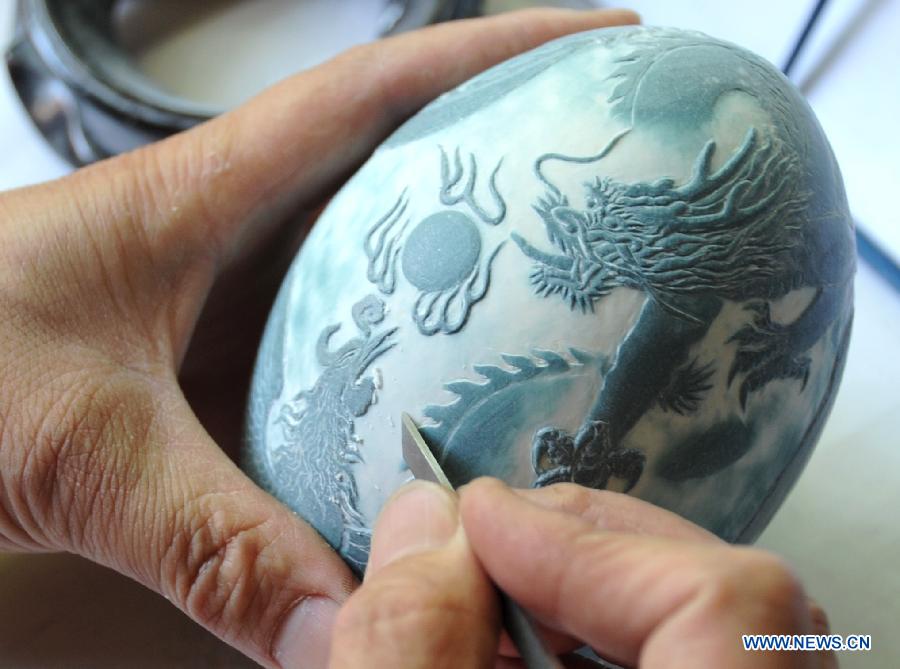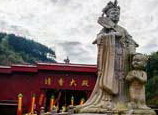
 |
| Chinese actress Li Bingbing (right) in "Resident Evil: Retribution"(Photo/Shanghai Daily) |
Hollywood is making a beeline for China but it will miss the big box office payoff if it only tacks on superficial Chinese elements. Yao Minji reports on what Hollywood needs to do to realize its China Dream.
The fourth installment of "Transformers," one of the bestselling movie franchises in China, will include scenes at Beijing's Bird's Nest and the Water Cube and features six Chinese actors, including Li Bingbing, who played a minor role in "Resident Evil: Retribution."
Director Michael Bay and his "Transformers" are the latest in an increasing number of Western filmmakers lured to the lucrative and growing Chinese market.
"Of course we want a piece of that action. That's part of the motive to share in the second largest market," Sid Ganis, former president of the Academy of Motion Picture Arts and Sciences and now its vice president, tells Shanghai Daily.
"Years ago, China was all not that important when it came to distributing Western products. Now it's very important," he said in a recent interview during the Shanghai International Film Festival.
Ganis, an expert in publicity and distribution, played a major role in introducing Bay and Paramount Studios to their Chinese partner www.m1905.com.
In the past three years, it has become popular, fashionable, and, some say, necessary, to add some Chinese elements to major Western productions to be shown in China.
These include footage of Shanghai skyscrapers in the latest James Bond film "Skyfall" (2012), casting Chinese actresses, as in "Cloud Atlas" (2012), featuring Chinese culture, as in Keanu Reeves' directorial debut "Man of Tai Chi" (2013) and product placement of Chinese brands in "Transformers: Dark of the Moon" (2011), among other ways.
China's box office grew by 30 percent to 17.07 billion yuan (US$2.74 billion) in 2012. Last week, the 2013 revenue reached 10 billion, pushing the year's projection to more than 20 billion yuan.
The number of screens has been increasing, especially in second- and third-tier cities, at a rate of 5,000 a year, and industry observers expect it to reach a nationwide total of 25,000 within five years, second largest after the United States.
The incentive to appeal to the China market was enhanced with the agreement between China and United States, signed last February, to increase the quota of 20 imported films to 34 since last year, and the US share in profits from 17.5 percent to 25 percent.
Including Chinese elements has helped films get one of those 34 foreign movie slots and helped box office in China, since the audience likes to see familar faces, places and cultures in Hollywood blockbusters.
"Iron Man 3," a collaboration between Marvel Studios and China's DMG Entertainment, was a hot topic in China since the studios announced inclusion of famous Chinese actor Wang Xueqi and actress Fan Bingbing. The Mandarin, one of thee most famous foes in the comics, was changed to an obscure non-Chinese ethnicity for the film.

















 A hemophiliac and his 'treasures'
A hemophiliac and his 'treasures'


![]()
